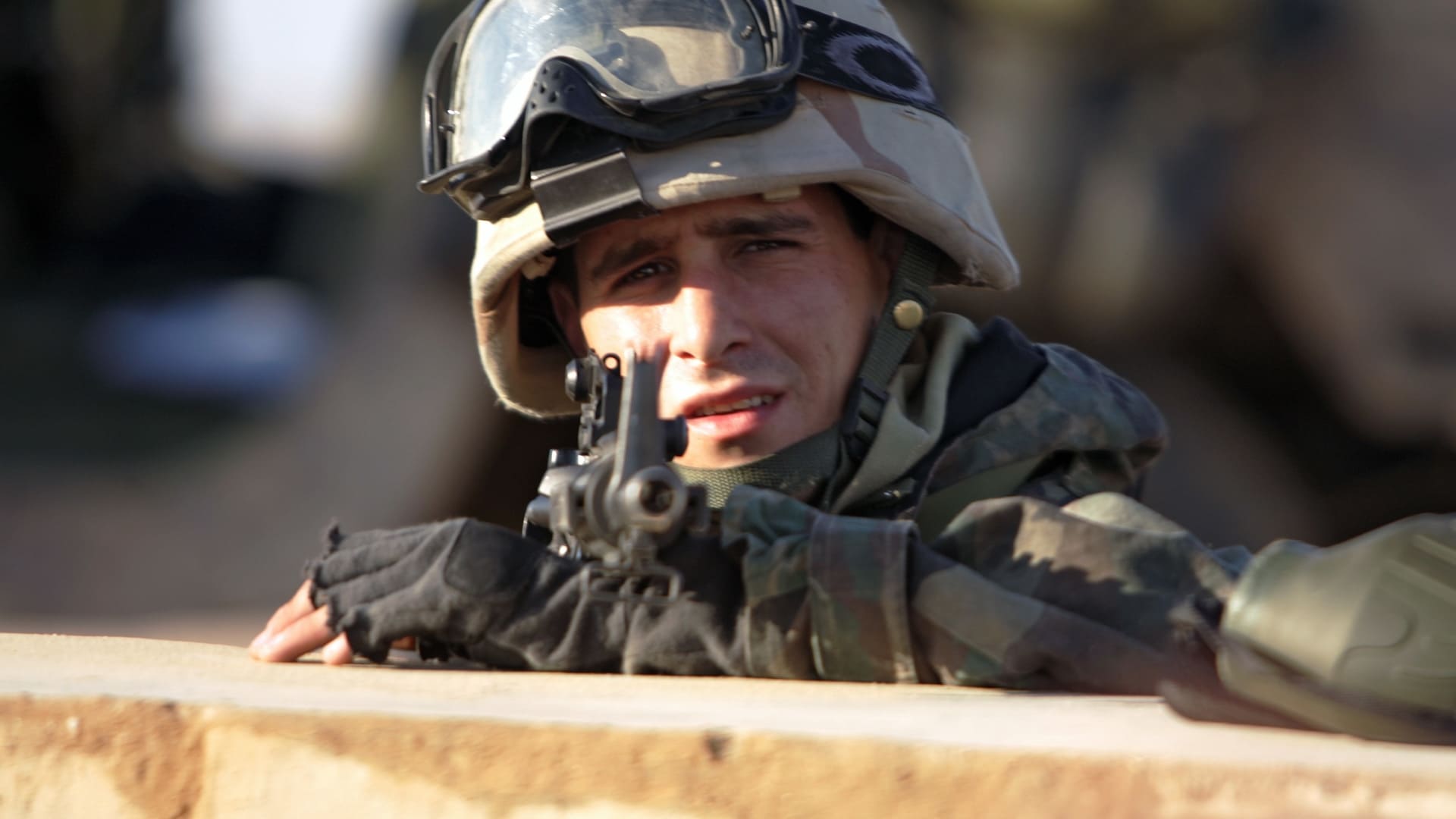

(You can say nearly as much of the news itself.) And although I am not informed enough to say how closely Simon and Burns’ vision of the war resembles the real thing, I do know that it’s all the unreal stuff - the persuasiveness of the filmmaking, the grace of the acting - that makes “Generation Kill” work as a TV show. The producers have taken obvious pains to make their simulacrum “realistic” - three of the people portrayed in the film served as technical advisors, and one, Rudy Reyes, plays himself - and to keep their politics to themselves, but there are unavoidable layers of interpretation interposed between what happened in Iraq and what happens in your living room. There is no music apart from what the soldiers sing themselves as they ride along (and Johnny Cash singing the apocalyptic “The Man Comes Around” over the last minutes of the last episode).Īt the same time, whenever actors are involved and decisions made about camera placement and film editing, something happens. The camera work rarely calls attention to itself. The drama is all in the staging and cutting, and in the almost musical alternation of long stretches of relative quiet with passages of brilliantly rendered violent action.

(Simon and Burns, and their directors Susanna White and Simon Cellan Jones, also avoid the over-emphatic faux-documentary style pioneered by Bochco.) It is a straightforward and remarkably thorough adaptation of the book, shot without stylistic frills in a way that reflects Wright’s own carefully neutral prose - he doesn’t use a lot of adjectives and for the most part leaves the colorful color commentary to his subjects. And now David Simon and Ed Burns (“The Wire”) have adapted Rolling Stone journalist Evan Wright’s book “Generation Kill.” The HBO show recounts in seven parts the seven weeks Wright spent with the 1st Reconnaissance Battalion on the front lines of what prematurely came to be known as Operation Iraqi Freedom. Steven Bochco tried it a couple of seasons back with “Over There,” half successfully, but it lasted only one season. If it takes a re-created reality to make us think concretely about what’s happening there, and has been happening there, so be it. Here we are in year six of the Iraq war, which has receded in the media to a static-filled hum of casualty figures and reports of new advances in improvised weaponry.


 0 kommentar(er)
0 kommentar(er)
